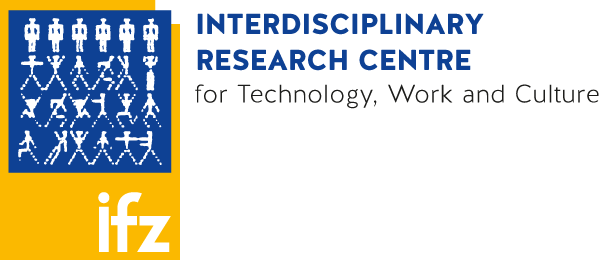Plant Molecular Farming – Opportunities and Challenges
Plant Molecular Farming offers production of pharmaceuticals that would be needed in high-volumes at lower costs than presently used production systems applying mammalian cell lines and microbial fermentation.
European Commission Joint Research Centre, Institute for Prospective Technology Studies (IPTS), Seville
2007
In plant molecular farming (PMF) plants are genetically modified for the production of single substances, mostly biopharmaceuticals but also other substances of industrial interests such as food supplements, food and feed additives, diagnostics, fine chemicals.
PMF offers production of pharmaceuticals that would be needed in high-volumes at lower costs than presently used production systems applying mammalian cell lines and microbial fermentation. The fact that economic benefits would be greatest if using food crops in the open field cultivation has sparked a fierce debate in the USA and Canada. In recent years a considerable increase in R & D activities and interest in this technology could be observed in the EU.
The study will review technical, policy and socio-economic aspects of PMF. It will identify the companies active and the products in the pipeline, drivers of and possible obstacles to plant molecular farming will be investigated. The scope of the study is not limited to but focussing on R & D and policy activities in the USA, Canada and the EU.
